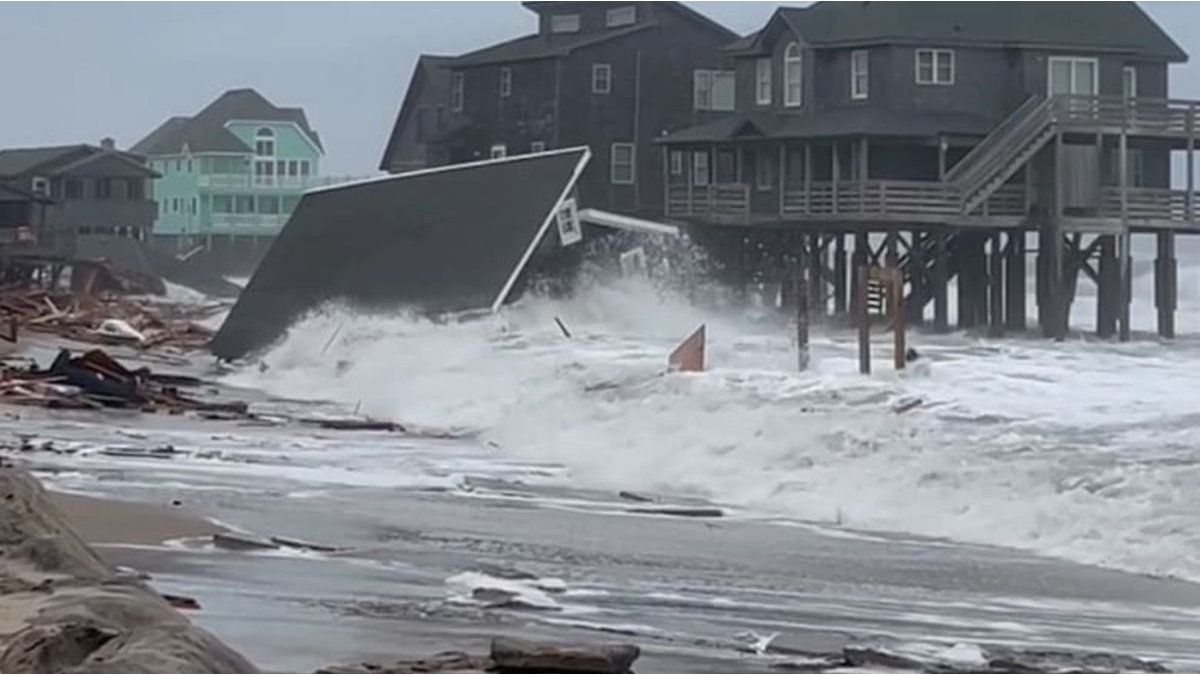Russia stopped gas supplies to Poland and Bulgaria on Tuesday. A supply emergency that Germany is also afraid of. Alternatives are being explored at high pressure. A new law aims to speed things up.
With a law for the accelerated approval of liquid gas import terminals, the federal government wants to become independent of Russian natural gas more quickly.
“One of Germany’s few options for procuring additional quantities of gas on the world market in the short term is the purchase of liquefied natural gas (LNG)”, says a corresponding paper on the planned law, which is available to the German Press Agency. In exchange with the environment and justice ministries, the Federal Ministry of Economics has developed a formulation aid for a draft law to accelerate LNG projects in northern Germany and submitted it to the departmental vote, as the German Press Agency learned on Saturday from circles in the Ministry of Economics.
The background to the so-called LNG Acceleration Act is the Russian war of aggression in Ukraine, which has exacerbated the situation on the energy markets. The increased speed with approvals corresponds to the line of the federal government, which has generally written faster planning processes for central future projects on the flag.
Gas supply stop for Poland and Bulgaria
Germany wants to become less dependent on Russian natural gas. The gas supply freeze for Poland and Bulgaria initiated by Russia last Tuesday has also fueled fears of such a sudden step in Germany. The paper speaks of an “exceptional situation”. And that requires special measures.
Specifically, approval authorities should be able to temporarily suspend certain requirements, such as environmental impact assessments, under special conditions. The law will apply to floating and land-based LNG import terminals, which are expected to be approved and commissioned more quickly. Special infrastructure is required for both variants, for example they have to be connected to the natural gas pipeline network and some port facilities also have to be adapted for this. In contrast to the stationary systems, the floating landing and storage platforms, so-called Floating Storage and Regasification Units (FSRU), can be installed more quickly.
LNG is natural gas liquefied for transport by ship. After arriving at the German coast, it has to be regasified again so that it can then be passed on through pipes.
Government circles recently said that contracts had been signed by the Economics and Climate Protection Ministry in Berlin for the chartering of three floating terminals. Chartering is done by private companies. Planning and preparations for negotiations for a fourth floating terminal are also currently underway, it said. The federal government intends to spend up to three billion euros on this over the next ten years.
Where should LNG plants be built?
In Germany, the construction of several LNG plants of both variants is planned. The paper specifically mentions Brunsbüttel in Schleswig-Holstein and Wilhelmshaven in Lower Saxony as locations for both the stationary and floating LNG plants. But there are also other places to consider. “Whether the individual locations will then be realized depends on various legal, technical and economic factors,” it says. Other locations such as Rostock in Mecklenburg-Western Pomerania and Stade in Lower Saxony have been under discussion for a long time.
Michael Kruse, energy policy spokesman for the FDP parliamentary group, praised the plans on Saturday as a “long-awaited breakthrough”. “By selecting the location for floating terminals, we are creating a legal framework to be able to land LNG via the northern German ports this year,” Kruse told dpa.
Source: Stern
Jane Stock is a technology author, who has written for 24 Hours World. She writes about the latest in technology news and trends, and is always on the lookout for new and innovative ways to improve his audience’s experience.




